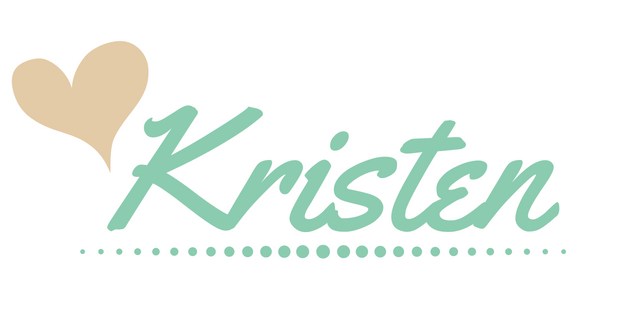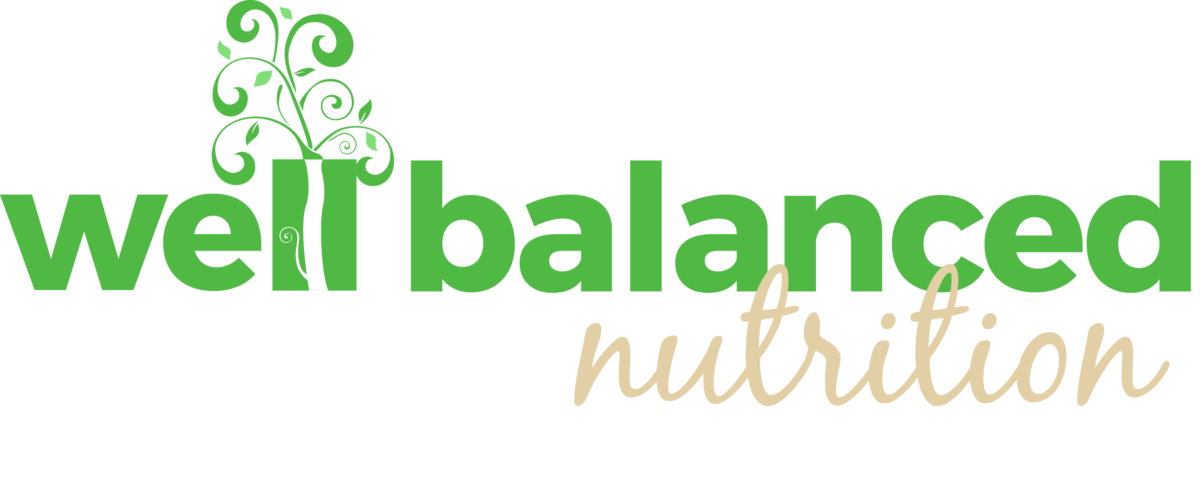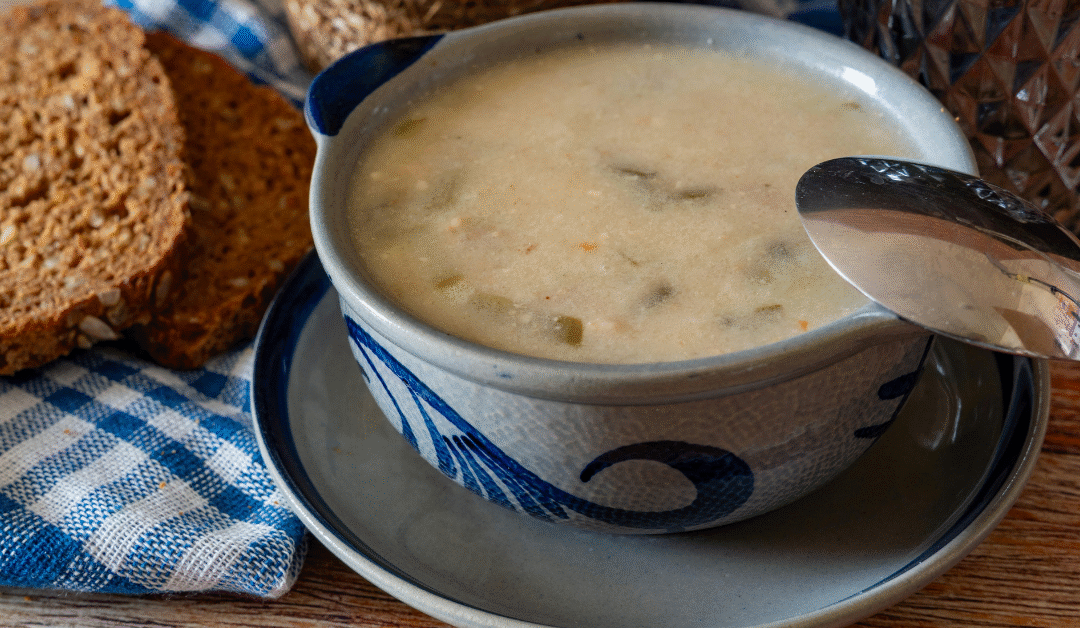Should I follow the “keto” diet?
Lucy and I have been asked this question a lot lately. The answer is (drumroll please)… it depends. Read on to find out the facts, determine if it’s right for you and see what we recommend.
Ketogenic Diet Explained
Let’s start by answering the question, WHAT IS THE KETOGENIC DIET? It’s a diet consisting of a meager amount of energy from carbohydrates (5-10% or no more than 50 grams per day), a moderate amount of energy from protein and a high amount from fat. The goal is to let your body “burn off” all its carbohydrate stores and switch its fuel source to fat (which our bodies turn into ketones).
A healthy ketogenic diet will include many nutrient-dense vegetables like green-leafy vegetables, bell peppers, cabbage, broccoli, cauliflower, asparagus, green beans and Brussel sprouts. Protein needs are met with quality meat and seafood, nuts. cheese, and eggs. Lastly, “good fats” are added to meals or used in cooking such as coconut oil, butter, cream, and olive or avocado oil.
- Breakfast: Two scrambled eggs made with heavy cream and cooked leafy-greens. Coffee with butter or coconut oil.
- Lunch: Tuna salad (tuna + full-fat mayo + chopped celery) over a bed of romaine lettuce + green bell pepper slices + cherry tomatoes + one-half an avocado.
- Dinner: Pecan crusted salmon with cauliflower rice + asparagus + 6 raspberries
Why is the ketogenic diet such a hot topic right now?
It has been known for quite some time to be an effective treatment for epilepsy. More recent studies are producing positive outcomes in neurological diseases like Alzheimer’s and Parkinson’s. Other studies have looked at its potential effect on cancer with great preliminary findings that the diet could help achieve remission. Lastly, in a 12-month trial, adults with elevated HbA1c (associated with diabetes) and body weight assigned to a keto diet had greater reductions in HbA1c, lost more weight, and reduced more medications than those instructed to follow a low-fat, moderate-carbohydrate diet. All fascinating findings, but we still need to learn more.
How does the keto diet cause rapid weight loss?
First of all, the diet eliminates several food groups from your diet drastically cutting back your calorie intake. Secondly, as you limit your intake of carbohydrates, your body produces less insulin and begins to utilize all the sugars that are stored away in your muscles and liver for energy. The breakdown of the stored energy causes the kidneys to flush out water (and along with it, electrolytes your body needs like magnesium, calcium, sodium, and potassium). This loss of water is part of the reason people see dramatic scale drops in the first few weeks of eating a ketogenic diet. It’s also why weight can be regained quickly.
So, is the keto diet right for you if you just want to lose weight and feel awesome?
Let’s look at the reality of it. It’s definitely not a magic bullet because there are downsides to this extreme approach. It’s a significant lifestyle shift. Yes, you might lose weight quickly (in the beginning much of it is water weight), but if you can’t stick with it, chances are it could do more harm than good. While you may read several success stories on the internet, what you don’t see are the cases in which more weight is regained than was initially lost once they came off the diet. Just because it works for some, doesn’t mean that it’s the best diet for you.
The best diet for you is one you can stick to for life.
It may seem obvious, but even the research indicates that the ketogenic diet is hard to follow for an extended amount of time. Some of the research studies had drop-out rates as high as 50-84%. If you are a long-time reader, you know we promote taking small, manageable steps rather than leaping into a brand new lifestyle.
It might affect your social well-being.
Social connections are vital to your health. If following the ketogenic diet will isolate you from your loved ones or your friends, you are putting your health and happiness on the line. Will you be able to share meals with loved ones? Can you still enjoy life’s unique and sporadic moments? This is a serious question to ask yourself before you consider starting the ketogenic diet.
The bottom line:
We recommend taking a look at your current diet and finding some small baby steps you can take and build upon those, rather than changing everything drastically all at once. For instance, cut out sugary drinks and fast food or increase fiber intake with more vegetables at your meals. If you decide the ketogenic diet is one you can follow for years to come, be sure to work with a registered dietitian in order to help you meet your nutrition needs and focus on high-quality, nutrient-dense food choices.




